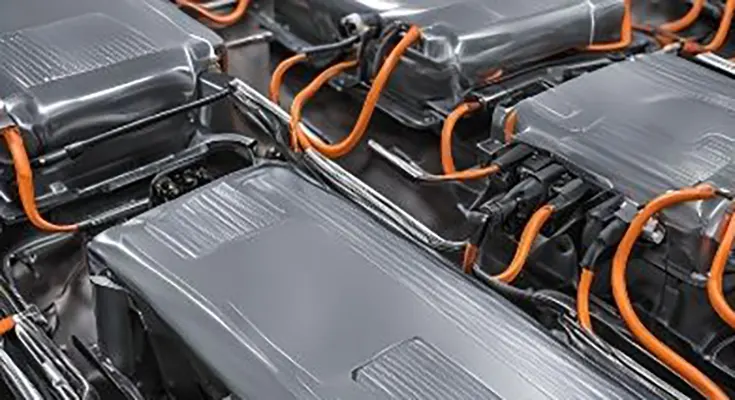As the automotive industry undergoes a radical transformation, electric vehicles (EVs) are emerging as a cornerstone of this evolution. Central to this shift is battery technology, which plays a critical role in determining the performance, efficiency, and sustainability of electric vehicles. This article delves into the current state of electric vehicle battery technology, recent innovations, and future prospects that could shape the automotive landscape.
Current Battery Technologies
Lithium-Ion Batteries
Lithium-ion (Li-ion) batteries are the dominant technology in the electric vehicle market today. They are prized for their high energy density, relatively low self-discharge rate, and long cycle life. A typical Li-ion battery comprises multiple cells made from lithium compounds, which store and release electrical energy through electrochemical reactions.
However, Li-ion batteries are not without their limitations. They can be expensive, and their performance can degrade over time. Additionally, concerns about resource scarcity and the environmental impact of lithium mining are driving the search for alternative technologies.
Solid-State Batteries
Solid-state batteries represent a promising advancement over conventional Li-ion technology. Unlike traditional batteries that use liquid or gel electrolytes, solid-state batteries employ a solid electrolyte. This shift offers several advantages:
- Increased Energy Density: Solid-state batteries can potentially deliver higher energy densities, meaning they can store more energy per unit of weight or volume. This could translate into longer driving ranges for EVs.
- Enhanced Safety: The absence of liquid electrolytes reduces the risk of leakage and flammability, making solid-state batteries inherently safer.
- Improved Longevity: These batteries are less prone to degradation over time, which could extend the overall lifespan of EV batteries.
Despite their advantages, solid-state batteries face challenges, including high production costs and manufacturing scalability. Researchers are actively working to overcome these hurdles to bring this technology to market.
Emerging Technologies
Lithium-Sulfur Batteries
Lithium-sulfur (Li-S) batteries are another emerging technology with the potential to revolutionize the EV market. They use sulfur as a cathode material and lithium as an anode, offering several key benefits:
- Higher Energy Density: Li-S batteries can theoretically provide much higher energy densities than Li-ion batteries, potentially increasing the driving range of electric vehicles significantly.
- Cost Efficiency: Sulfur is more abundant and less expensive than the metals used in Li-ion batteries, which could reduce overall battery costs.
However, Li-S batteries are currently hampered by issues such as limited cycle life and poor conductivity. Research is focused on improving these aspects to make Li-S batteries a viable option for mainstream EVs.
Sodium-Ion Batteries
Sodium-ion batteries are an emerging technology that could address some of the resource scarcity issues associated with lithium. Sodium is more abundant and cheaper than lithium, making these batteries potentially more cost-effective. Sodium-ion batteries are still in the developmental phase but show promise for applications where high energy density is less critical, such as in stationary energy storage.
The Path Forward
The future of electric vehicle battery technology is likely to be characterized by a combination of incremental improvements and groundbreaking innovations. Key areas of focus include:
- Advancing Materials Science: Research into new materials, such as silicon anodes and advanced electrolytes, aims to enhance battery performance and safety.
- Reducing Environmental Impact: Efforts are underway to develop more sustainable and environmentally friendly battery production methods and recycling processes.
- Enhancing Manufacturing Processes: Scaling up production and reducing costs are critical for making advanced battery technologies commercially viable.
- Improving Battery Management Systems: Advances in battery management systems (BMS) are crucial for optimizing performance, extending battery life, and ensuring safety.
Electric vehicle battery technology is at a pivotal point, with rapid advancements shaping the future of the automotive industry. While lithium-ion batteries currently lead the market, emerging technologies such as solid-state, lithium-sulfur, and sodium-ion batteries hold significant promise for enhancing performance, reducing costs, and minimizing environmental impacts.
As research and development continue to push the boundaries of what is possible, the next decade will likely see dramatic improvements in battery technology, driving the widespread adoption of electric vehicles and contributing to a more sustainable future.





